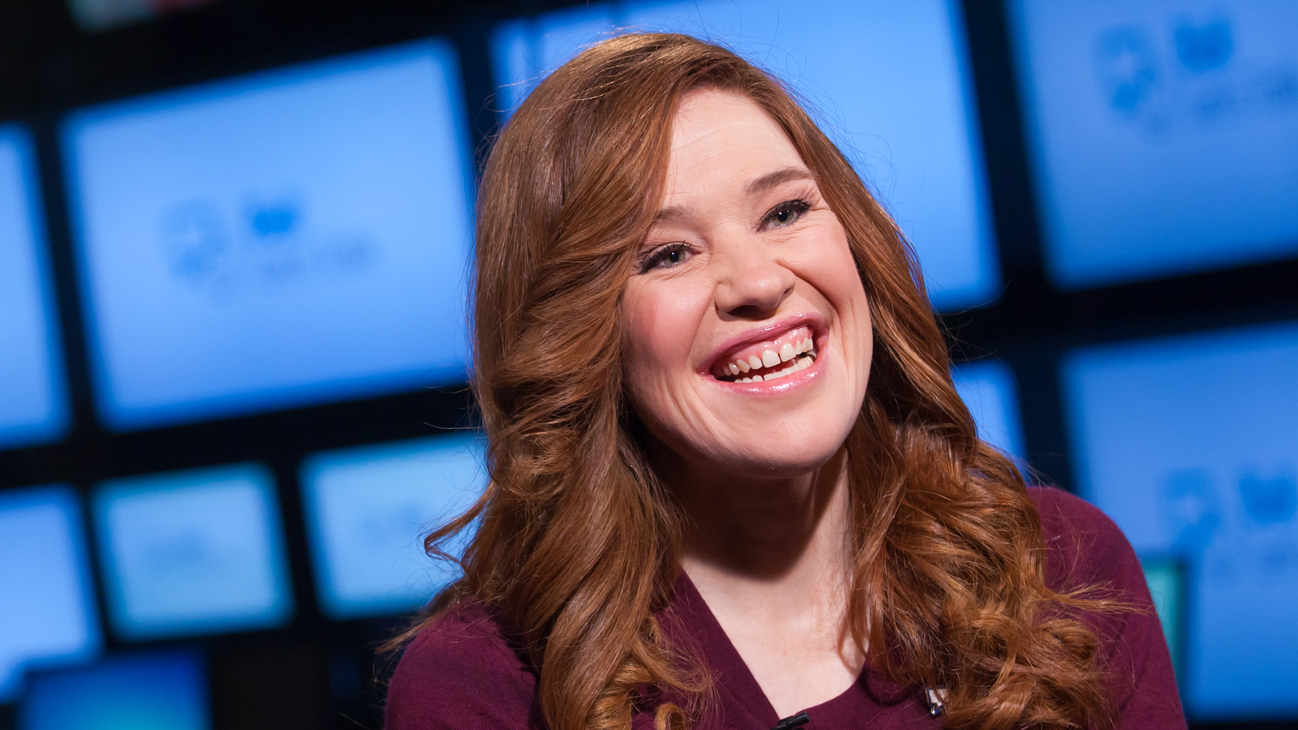Retired Canadian athlete Clara Hughes is best known for racking up six Olympic medals and speaking out about her past struggles with depression, helping to break down the stigma around mental illness. That makes her brave both on the track and in the public eye. However, the 42-year-old is much more conservative when it comes to her money. She tries to steer clear of debt as much as possible and invests only in companies she believes are stable over the long term. Clara is frugal, but far from a penny-pincher. She donates more than 5 per cent of her annual income, earned largely today from public speaking, to charities related to mental-health issues or inspiring kids to be more active, such as Right to Play and Take a Hike. The Globe and Mail talked to Clara about her investing style ahead of the upcoming release of her memoir, Open Heart, Open Mind.
Where do you put your personal investments?
I have an athlete trust fund, where all of my sponsorship and prize money went. It has to be liquidated seven years after retirement, which for me was 2012 after the London Olympics. The trust has been great for me because it acted as a place where my money went and, while it wasn’t inaccessible, it wasn’t easily accessible. It was a really great way to save money. Without that I don’t think I would have the retirement savings I have now.
What’s your investing style?
I have a lot of money invested in stocks, such as banks and major corporations. I’m also invested in companies like Disney and tech stocks like Apple – things that grow at a steady rate. I’ve been helped along the way by people in the business world who care about athletes and sport and realize that Olympic athletes aren’t NHL athletes. These advisers have helped me make good decisions, but I also have my own style, which is very conservative. I’m good at pretending that, even though I have money, I don’t have money. I just think it’s a good quality. To me, the most valuable thing in life is my health and my time.
What about real estate investments?
My husband [Peter Guzman] and I bought a rental income house in Calgary in 2005. We sold it three months later, because we realized really fast how uncomfortable we were being landlords. It was a very valuable experience. We still made a profit, but we haven’t really treated real estate as an investment in the same way since. Over the years, we have bought and sold real estate in Quebec, Calgary and Utah – each place [we lived in] by virtue of where I needed to be for training. Today we live in Canmore. We rented for two years and just recently bought. We don’t see it as an investment. We’re buying here because we hopefully plan on dying here.
What has been your best investing move to date?
The homes that we’ve bought along the way, which helped us to build equity. It also meant that I lived in great comfort in the places I’ve trained.
What has been worst investment move?
In 1993, when I was 20 years old, a teammate convinced me to invest $3,000 in a cattle company in Oregon. I lost all of my money. I’m so grateful for that lesson at a young age. I learned never to invest with friends and never to invest in something that is random that you don’t know anything about. There really is no such thing as easy money. Now I think things through a lot more clearly.
You give a lot of money to charity. In 2006, for example, you gave $10,000 – all the money in your savings account at the time – to Right to Play. What inspires you to give?
People have invested in me along the way – organizations and companies – which has allowed me to do everything that I’ve done. I believe in giving back. I give a lot more than what I earn should dictate that I should give, but it’s just something that I fundamentally believe in. With the book, I’m excited to give back by sharing my story. It makes it a little more comfortable for me to go out and sell books, because it’s not for me. My husband and I also plan to set up a foundation after we die called the Bliss Fund, (named after writer Joseph Campbell and his famous line ‘follow your bliss’) which will support mental-health and sport-based charities. I believe in giving more, smaller donations to community-based grassroots organizations because that’s where such great work is done – on a smaller scale.
What advice do you have for others about investing, based on your personal experience to date?
You need to look at your lifestyle; how much money you spend, why you are spending it and what makes you happy. If you are buying stuff to make yourself happy, that’s not happiness. If you are young, you have a chance to actually create an incredible life for yourself if you make good decisions. All of the things that maybe society pressures you into thinking you need to be fulfilled; think critically about those things. In my mind, what you need to be fulfilled are great experiences and more time to have those experiences. Think critically also about how you spend your money. There’s no such thing as fast, easy money. And don’t ever make a decision on something like a cattle company that you know nothing about.

